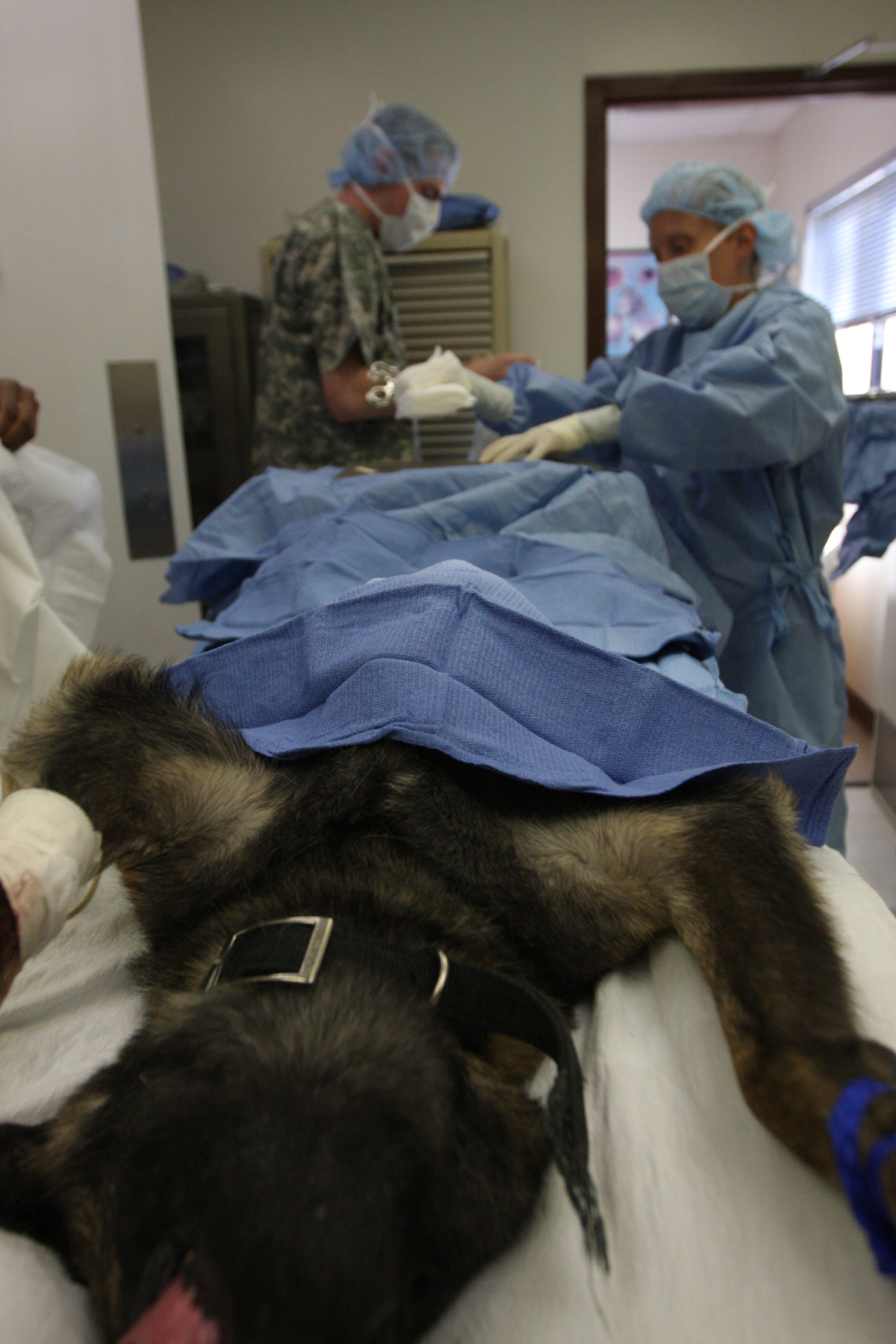
Crohn's disease is an inflammatory process that affects the parts of bowels. Although, appropriate medicaments are prescribed in those cases, in about 65% of the cases, surgery is ultimate option. Surgery is performed in cases when patient does not respond well to medication treatments, or there is a serous complications in development of the disease.
These complications may include;
excessive bleeding in the intestineblockage or obstruction of intestinesappearance of abscess of fistulasbowel perforation, etc.Depending of seriousness of complication, location of disease in the intestines or progress of illness, appropriate surgical procedures may be performed. Problem is that Crohn’s disease can not be cured surgically. It affects small intestines, colons or stomach, and even if the affected portions are surgically removed, inflammation can still reappear.
Portion of recurrence after surgery is over 50%. You can use various medications, after the surgery, in order to minimize chances of Crohn’s disease recurrence, such as immunomodulators, or 5-ASA agents. You should not postpone your decision about having a surgery, because only combination of appropriate surgical procedure and post operative medicaments, can give you a chance to lead a normal life.
There is a list of some of surgical procedures that are performed, depending of your exact problem;
Abscesses and fistulas surgeryAbout 25% of patients who suffers from Crohn’s disease have this type of complications. Fistulas are abnormal tunnels that form in bowels and lead from abscess to hollow organ, and they are usually treated with medication, except in cases when they do not respond to it. Abscesses are soft masses filled with pus, from surrounding infection, and they must be drained regularly.
Colon (colectomy) or rectum and colon (proctocolectomy) removal
In cases when intestines are seriously affected by disease, removal of portion of, or entire colon, is needed. Depending of affected area, rectum is removed too. If not, rectum is joined with the rest of remaining intestines, allowing the person to resume normal bowel functions.
Strictureplasty
In cases when small intestines are affected with Crohn’s disease, infected portions of bowels may alter the surrounding bowels. They are apt to form strictures, obstacles in the bowels which prevent a passing of food. Strictureplasty, in those cases, is performed, widening the affected areas of bowels, and allowing the food to pass. This is considered to be non aggressive surgical procedure, because no parts of intestines are removed.
Removal (resection) of portion of the intestines
In cases when strictures are long, or they form close to each other on bowels, surgery is needed in order to remove them. This procedure is called resection. After the removals of part of intestine, remaining healthy parts of bowels are joined together, in order that patient can resume normal bowel functions.




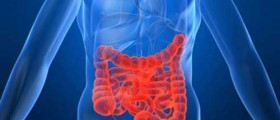

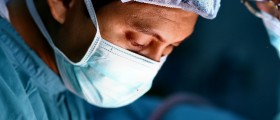



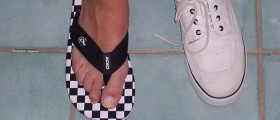
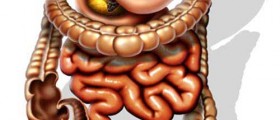
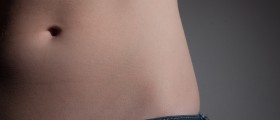
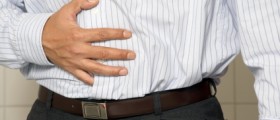
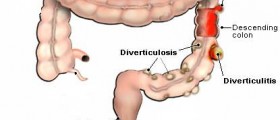

Your thoughts on this
Loading...